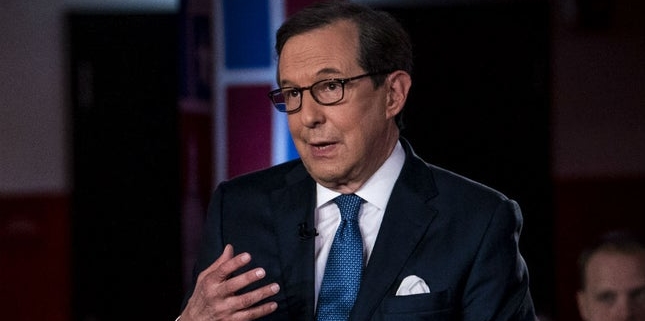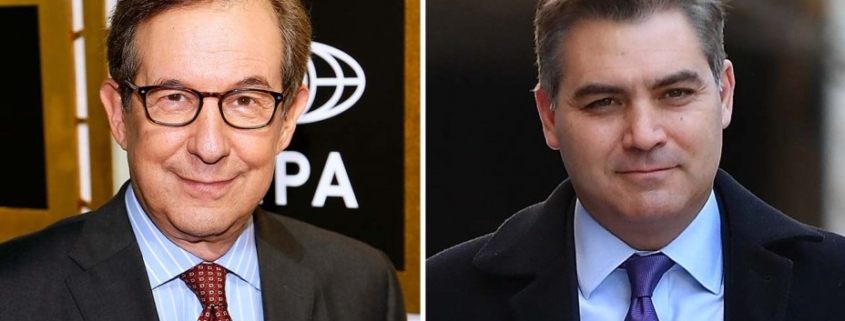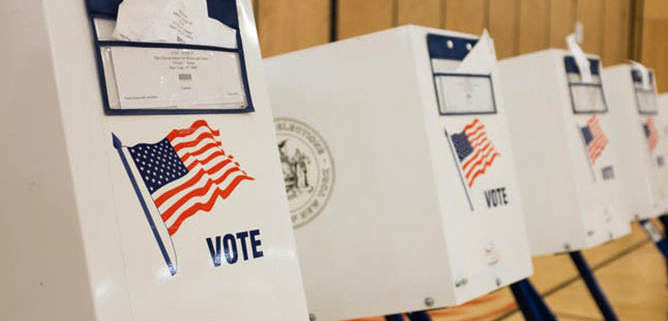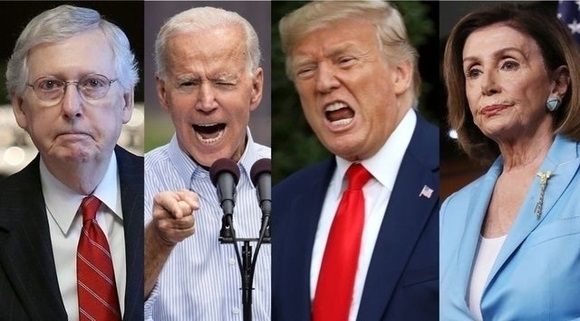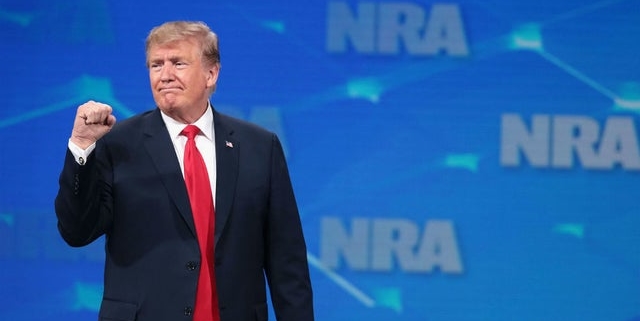Co-Founder’s Statement on Reducing Gun Violence
Stop the Posturing and Do the Hard Work.
By Bruce Bond and Erik Olsen
Columbine. Sandy Hook. Parkland. And now, Uvalde.
Will it be different this time?
As an organization that brings people of diverse views together to work toward more progress and less division and bring healing, we believe action can be taken to save lives – once people decide that the solution is more important than the fight.
In the wake of the shooting at Robb Elementary School, we call on lawmakers, lobbyists, activists and citizens to resist the urge to amplify emotionally satisfying but polarizing reactions and stop using the issue to gain political position and power. Instead use this moment to do the hard work of research and thoughtful deliberation needed to craft and advance bipartisan action that can effectively reduce gun violence both now and over time.
There is no denying that, at a broad level, viewpoints on guns break across party lines. Republicans are nearly four times as likely as Democrats to say gun rights are more important than gun control, while nine in ten Democrats, compared to half of Republicans, favor bans on assault-style rifles and high-capacity magazines.
Nor is there doubt that gun control is one of our country’s most polarizing issues. The passion with which some Americans defend their Second Amendment right while others call for weapon bans brings more heat to an already fraught issue. Yet this all-or-nothing debate is a manufactured narrative that simply cannot address the issue of gun violence in a meaningful, lasting manner.
In truth, most Americans already agree on common-sense measures that can help. According to Pew Research, overwhelming majorities of both Democrats (91%) and Republicans (92%) strongly favor barring people suffering from mental illnesses from purchasing firearms. And a large majority of both Democrats and Republicans — 93% and 82% respectively — favor making private gun sales and sales at gun shows subject to background checks.
To drive meaningful policy change and bring healing to the divisiveness, it’s clear we must leave zero-sum games behind. In a country with more guns than people, there is no absolute panacea to gun violence. Gun ownership and the constitution’s Second Amendment have been cultural anchors since the times of our Founding Fathers and will likely remain so for decades to come.
Yet that does not mean we are powerless to address the death toll. When faced with a public health challenge, working toward harm reduction — even if some members of the public scorn these as half measures — is proven to provide tangible material benefits. By framing mass shootings as a public health issue, not a political one, Congress can set the stage for developing effective, bipartisan solutions.
We believe that to move the needle, we must seek out two things: fact-based regulation on gun access and ownership, and research-based methods that enable early detection of people on a trajectory to cause harm.
Activists are already doing this work and having an impact. Rachel’s Challenge, formed after the Columbine High School tragedy, has helped avert eight mass shootings and save 150 lives annually. Parkland students motivated then-Governor Rick Scott to buck the NRA and sign a sweeping gun bill into law that included raising the minimum age for purchasing rifles and extending the waiting period for purchasing handguns.
The federal government is also showing signs of progress. In collaboration with RAND’s National Collaborative on Gun Violence, we now have research analyzing the effectiveness of gun policy, with “moderately good evidence” found that expanding background checks could make a difference.
This focus on research can lead to better regulatory policy and better health outcomes, as shown by examples from past public health scares. From 1973 to 2012, there were 269 National Institute of Health (NIH) research awards granted for Polio – and just 266 cases in that period. For cholera, 212 awards for 400 cases. In this same 39-year span, there have been over four million firearm injuries. The number of NIH research awards for gun-related harm? Just three.
Along the way, America must ignore distractions, such as calls for repealing the Second Amendment or arming teachers. These ideas are de-facto non-starters while encouraging more divisiveness. Instead, we should follow the lead of experts like Ryan Busse, a former gun industry executive and lifelong firearms aficionado, who on our podcast set aside the talking points and spoke about the challenges with the gun lobby in our search for solutions to gun violence.
To pursue our usual approach to the gun debates effectively means accepting an unforgivable cost. We must seize this moment, together, to start writing a good and lasting ending to this recurring American nightmare.





